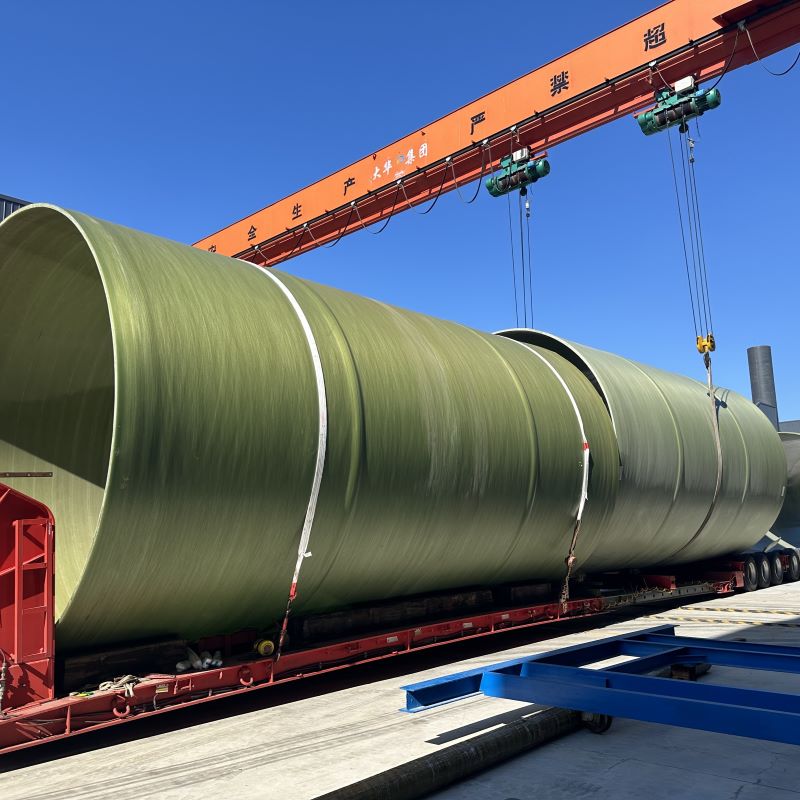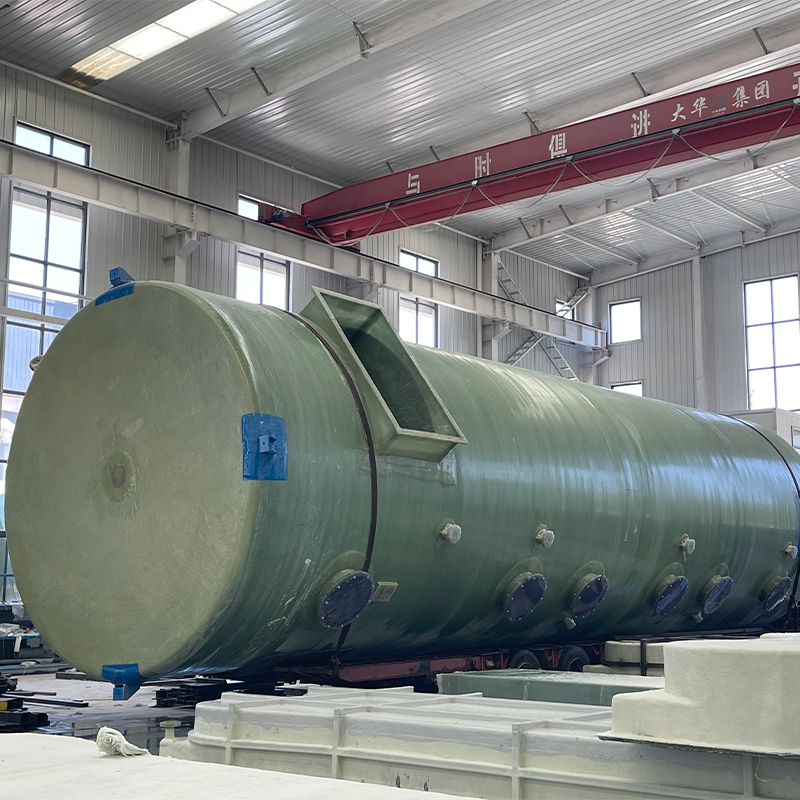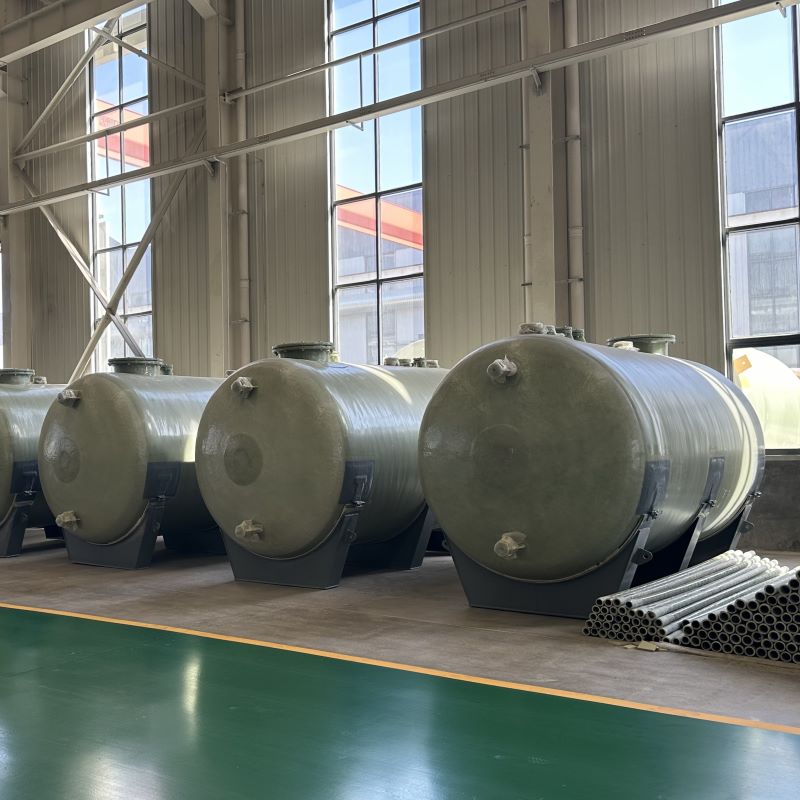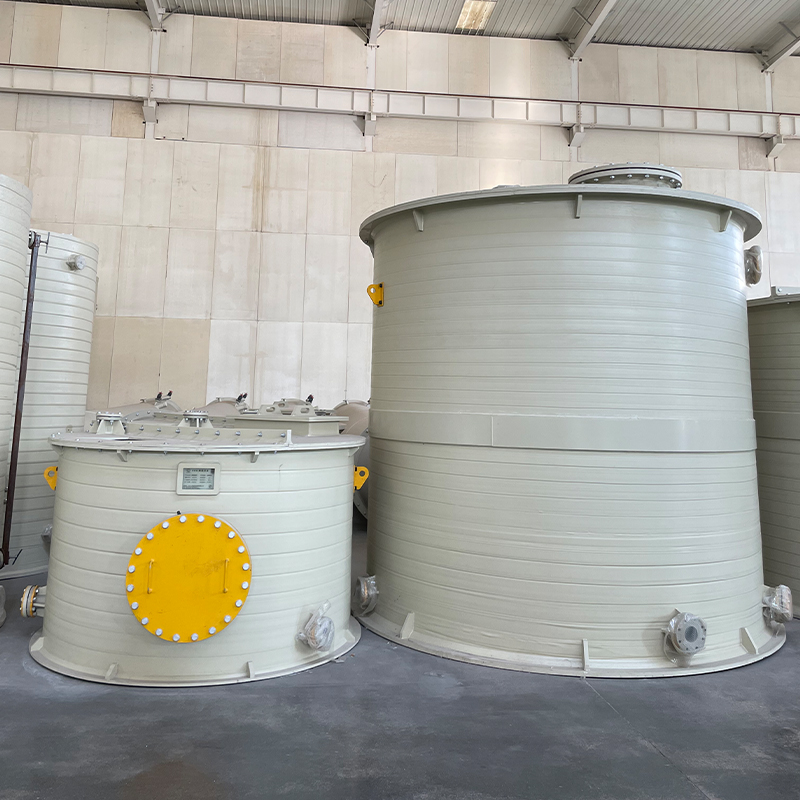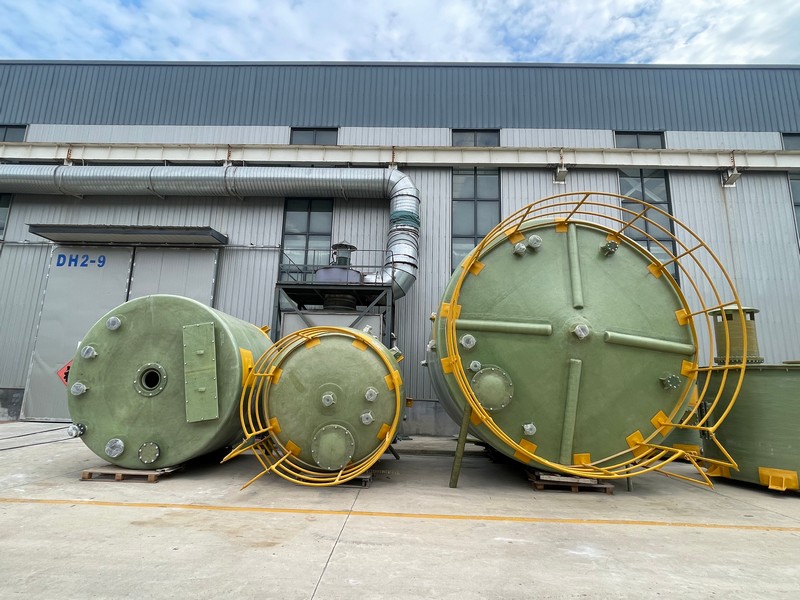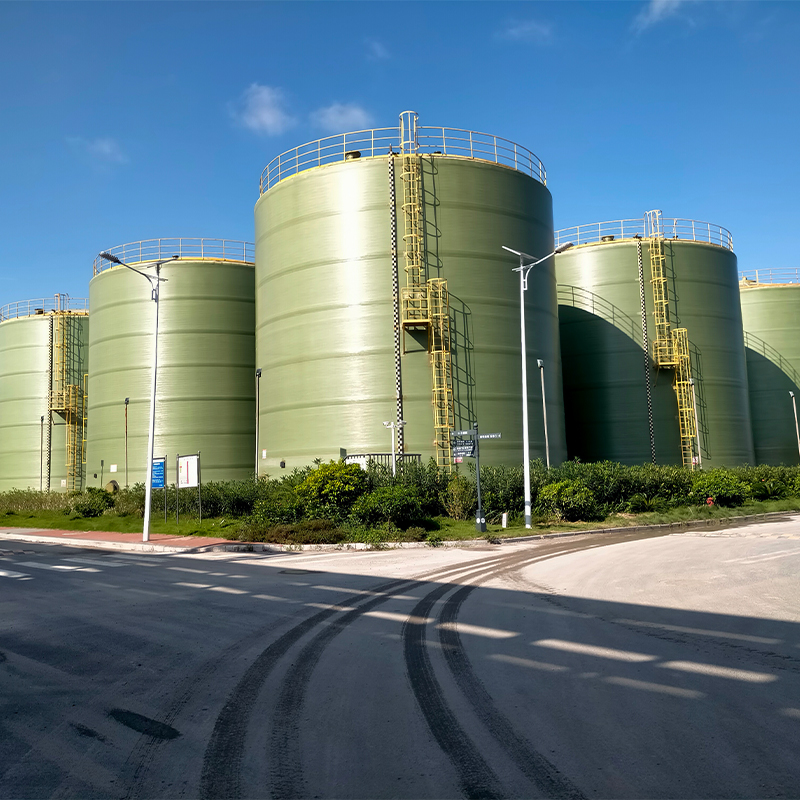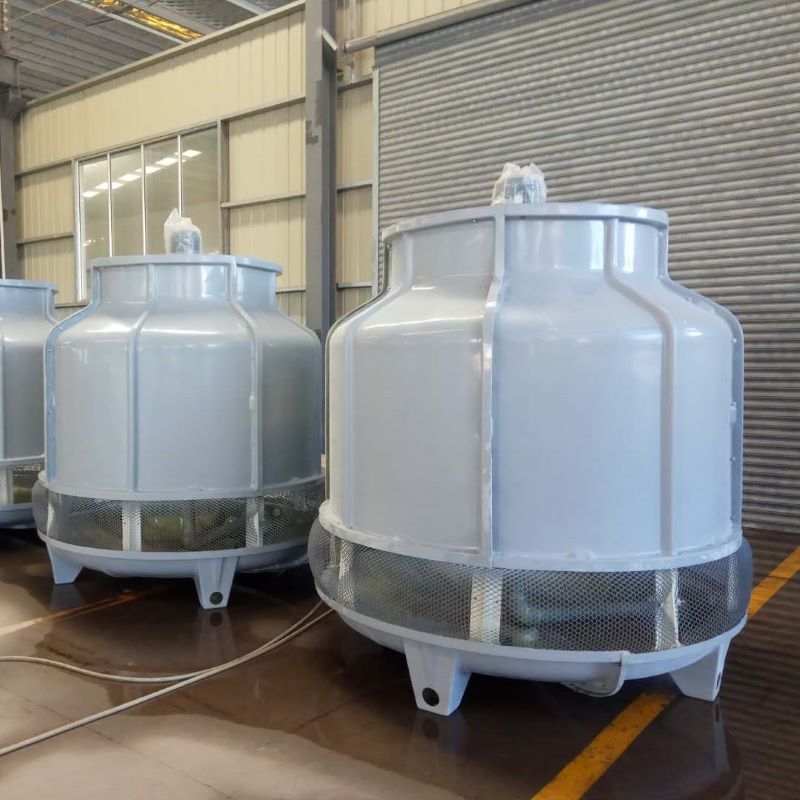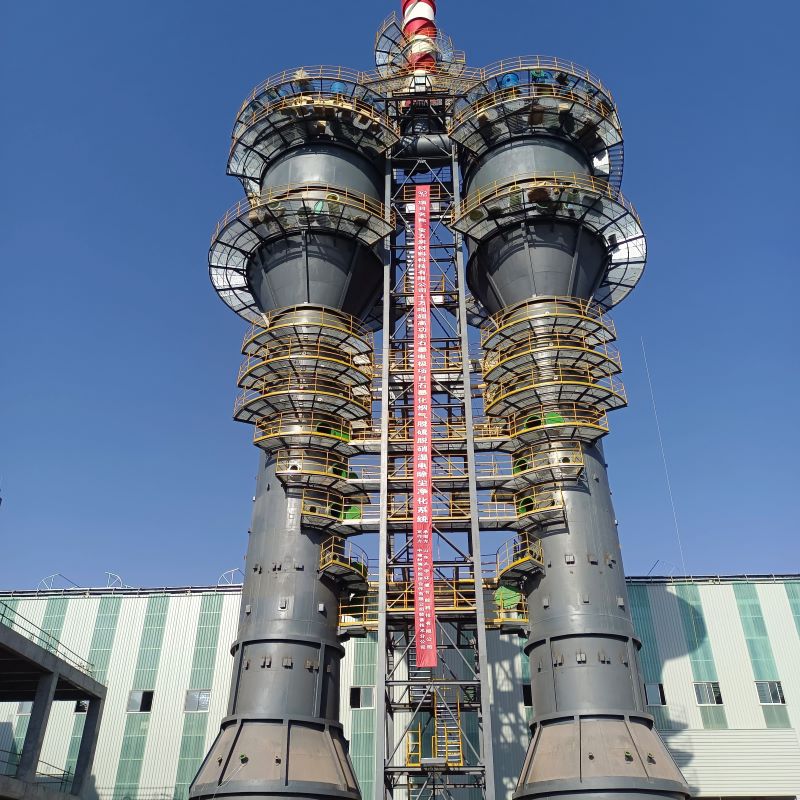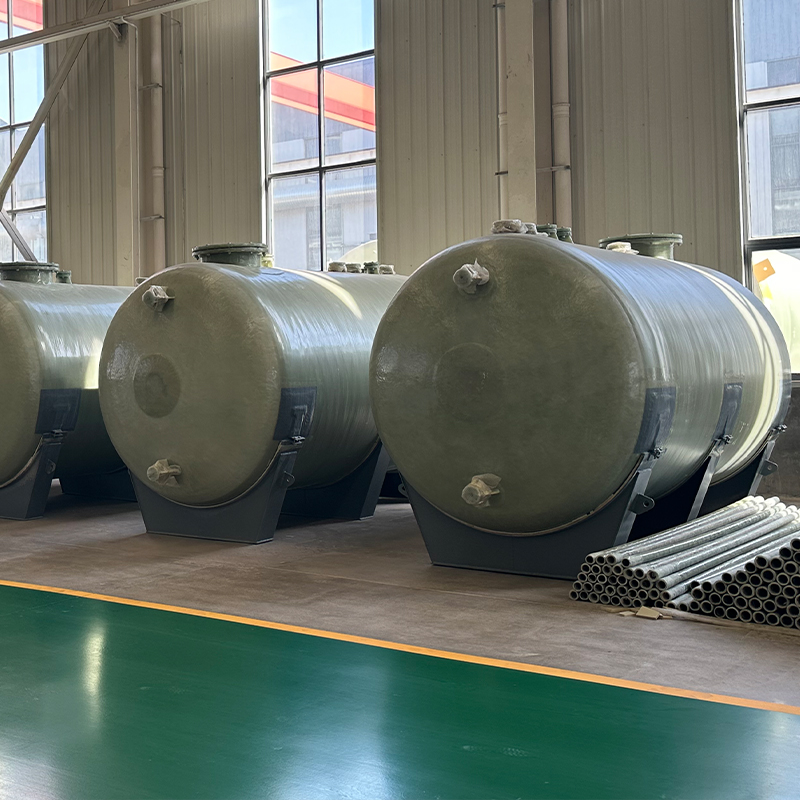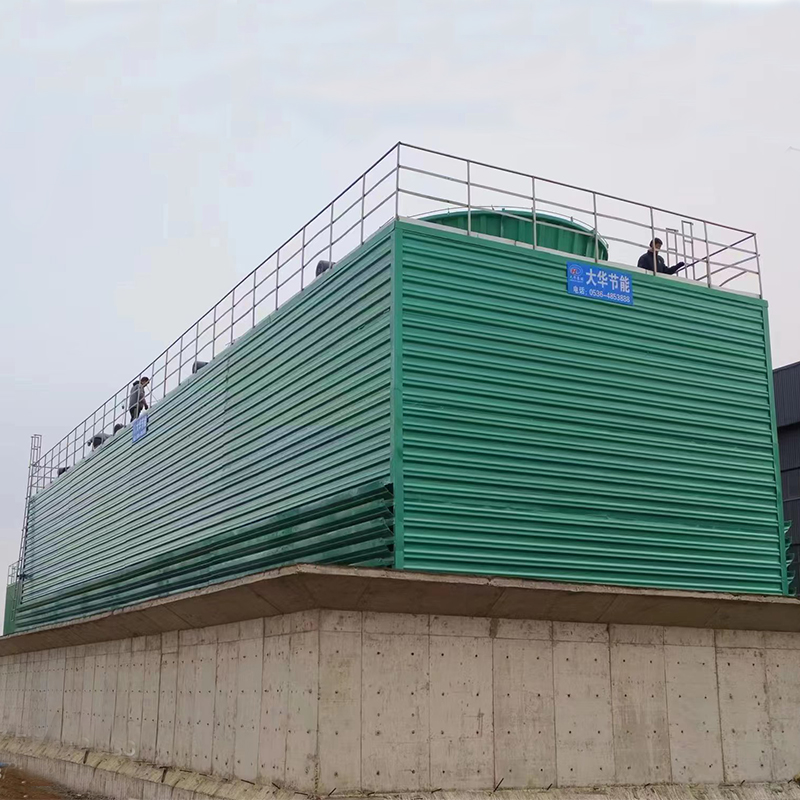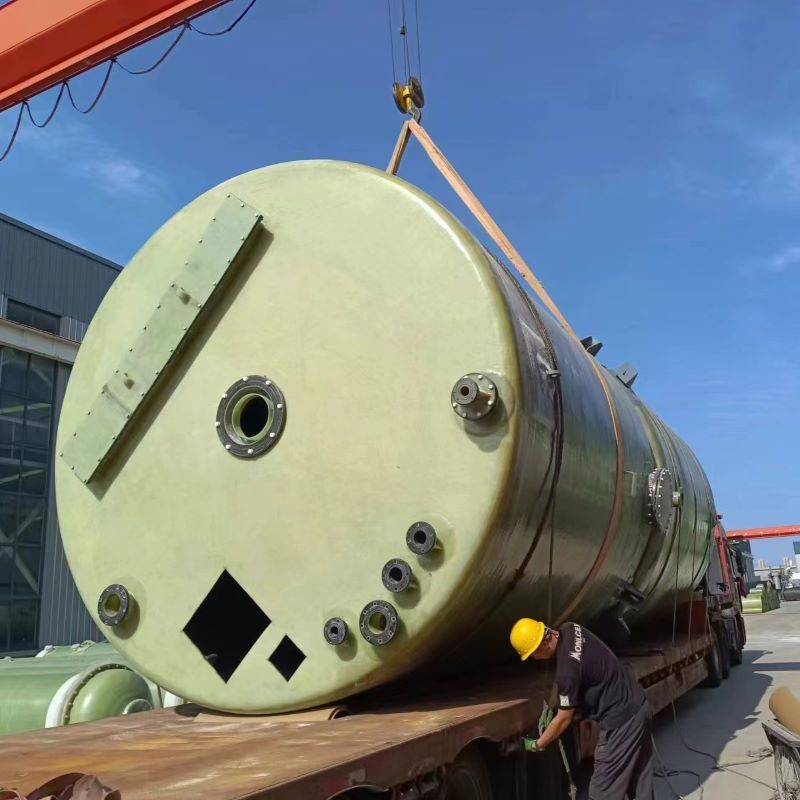
OEM Insulation Bricks for Mannheim Potassium Sulfate
Придерживаясь убеждения Создавать высококачественные продукты и заводить друзей с людьми со всего мира, мы всегда ставим интересы клиентов на первое место для OEM Insulation Bricks for Mannheim Potassium Sulfate - Shandong Dahua New Materials Group Co. , Ltd., , , ,. Мы искренне приветствуем друзей со всего мира к сотрудничеству с нами на основе долгосрочной взаимной выгоды. Продукт будет поставляться по всему миру, таким как Европа, Америка, Австралия,Islamabad , Netherlands ,Lebanon , Sevilla .Действительно, если какой-либо из этих пунктов заинтересует вас, пожалуйста, дайте нам знать. Мы будем рады предоставить вам ценовое предложение после получения подробных спецификаций. У нас есть наши личные специалисты по исследованиям и разработкам, которые удовлетворят любые требования, мы с нетерпением ждем ваших запросов в ближайшее время и надеемся иметь возможность работать вместе с вами в будущем. Добро пожаловать, чтобы ознакомиться с нашей организацией.
Соответствующая продукция
Соответствующая продукция
Самые продаваемые продукты
Самые продаваемые продуктыСвязанный поиск
Связанный поиск- Best top evaporative coolers price
- central evaporative cooler product
- Best FRP Field-Fabricated Large Tank product
- high quality PP Process Vessel factory
- Best Horizontal FRP Tank Manufacturer exit
- frp tank cost supplier
- Best xerxes frp tanks Manufacturer
- high quality Potassium Sulfate EPC Project exit
- frp tank cost Manufacturer
- China FRP Storage Vessel Manufacturer


